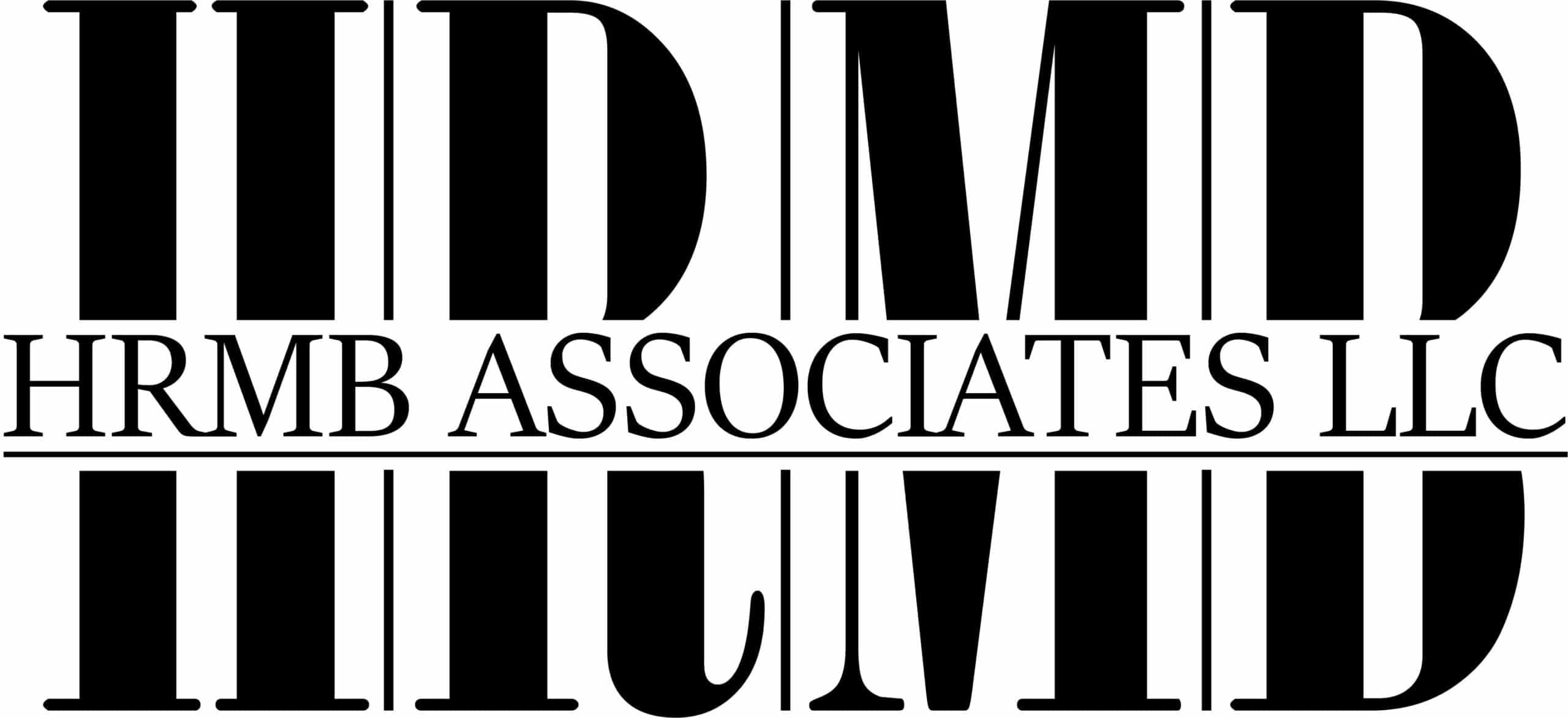The Hidden Mystery Behind HR Outsourcing

Human Resource Management, most commonly known as HRM, has become the new success necessity for business. However, the entire concept of the company hiring HR has been revamped to the new idea of HR outsourcing. As per the book definition, HR outsourcing refers to hiring a third-party outsourced organization to manage the HRM roles and responsibilities.
More than 60 percent of businesses have started to outsource their human resource staff in the past decade. It not only saves them time and cost but also refines their entire organization policy. Regardless of the prevalence of HR outsourcing, people still have many doubts regarding the whole process. This article will act as a roadmap for Human resource professionals who wish to outsource their human resource process. Continue reading to know more about the types of HR outsourcing prevalent, the ideal business type for such outsourcing, and its advantages and disadvantages.
Business Case Benefits
No business owner can do it all himself, even if he shed every ounce of blood and sweat. Therefore, business owners nowadays look for options to delegate their work to ensure that they can lay their minds on much more profitable activities. One of the most common delegations is HR outsourcing. It allows the business owners to seek professional opinions and at the same time save an enormous amount of time and effort.
Apart from the benefits stated above, HR outsourcing also allows businesses to:
- Regulate compliance
- Speed up various transactional and administrative help such as payroll and enrollment.
HR outsourcing advantages and disadvantages
Even though the prevalence of HR outsourcing is undeniable, a few business owners are still paranoid about it. To help clarify all your doubts, we are listing all the advantages and disadvantages below.
Advantages of HR outsourcing
Savings: The primary and the most important advantage of HR outsourcing is that it saves money. Regardless of how much you earn, you can only run your business if you cut down costs. Many of you may think about how one can save money when paying for outsourcing. The answer is pretty simple: you need to pay each of them if you hire an in-house HR team instead of HR outsourcing. Second, the person who might join your organization will need time to adjust and result according to your requirements. Third, they might need training, and you will have to pay for the training period too.
These problems do not arise when you hire an outsourced company for your human resource management. You don’t pay the person; you pay the company. It, therefore, is up to them if they appoint 1 HR or 5. The individuals in the outsourced companies are usually trained human resource members who know exactly what they are doing. You won’t have to train them or cover any training costs.
Avoid extra expenditure: Human resource manager isn’t just about a person handling the staff. They use various tools and software to manage the entire employment scheme. Therefore, if you don’t go for HR outsourcing, you need to buy the latest human resource tools to develop regular employee reports. HR outsourcing services usually have this software and databases, and then by outsourcing human resources, you save all of these costs.
Knowledgeable: HR handles the staff of multiple industries, and hence they own extensive knowledge of the entire market, let alone their sector. Therefore, if the company needs any advice regarding its policy, it can rely on HR.
Lesser Risk: HR outsourcing is a short-term contractual hire. If you have any problem with the work habit or interest, do not align with you, or face any financial constraints, you can get out of the contract. Whereas when you hire an employee, you need to stick and abide by their salary regardless of your situation. The scope of firing and rehiring is complex with regular employees.
Disadvantages of HR outsourcing
In-house employees may feel demotivated: Highly reported disadvantage of HR outsourcing is that the inhouse employees feel demotivated. Every employee works their level best, and it’s natural to feel bad but remember that you need to do what’s best for you. The interest of a company can always supersede the interest of a few employees.
Lack of bonding: This is undeniably a concern for many employers. It has proved true in a specific organization that the employees don’t feel connected to the members of human resources. If this arises a concern due to HR outsourcing, talk to the recruiter and allow him to create an affable environment. After all, it is an extension of their job.
These two advantages can be a cause of worry for some business employers. However, note that the advantages of HR outsourcing do and will always outweigh its disadvantages. They will undeniably show better results, provide you with their professional advice, and cut down the extra cost you incur. We can write that HR outsourcing services will be of utmost help for startups and medium organizations. And as they face financial constraints and are on a voyage to make a name for themselves, they can scale up their business operations with HR outsourcing.
Choosing Functions for HR outsourcing
U.S. employers are selective in HR outsourcing certain functions: benefits administration, recruiting, and payroll. Selective HR outsourcing—as opposed to relying exclusively on a single provider—generally means HR outsourcing routine, transaction-oriented processes and is popular because it can be tailored to meet an organization’s exact needs. Following are significant areas of Human Resource expertise and how they can be outsourced.
Compensation Policy
Payroll, job assessment systems, salary surveys, executive compensation planning, and expatriate compensation are all frequent compensation tasks that are outsourced. Employers can satisfy filing deadlines and deposit requirements by outsourcing payroll and related tax tasks to third-party administrators. Cost savings, a desire for the Human Resource department to work more strategically and less transactionally, a decision not to develop internal expertise, the ability to take advantage of technology not available in-house, or a desire for the Human Resource department to work more strategically and less transactionally are all reasons for HR outsourcing.
Complex aspects of compensation administration, such as job evaluation systems, salary surveys, and executive compensation design, have traditionally been provided or supported by third-party services and systems. In contrast, actual administration has remained an internal function in large organizations. Market choices for indeed outsourcing compensation administration are becoming available as HR outsourcing evolves, including point solutions, single-process HR outsourcing, and integrated Human Resource outsourcing.
Read Here:- Why small businesses should choose external accounting firms?
Workforce Administration
Workforce administration, as the name suggests, refers to the set of Human Resource functions and activities:
- Developing, maintaining, and operating HRIS (Human Resource Information system)
- Policy support
- Employee service and customer service
- Record keeping and database management.
HR outsourcing workforce administration is often considered the foundation for the outsourcing of many other functional areas. In fact, many functional areas within Human resources, such as compensation administration and performance management, are typically outsourced only in conjunction with workforce administration.
External Recruitment
Although HR outsourcing is not a cure-all for recruitment, many companies are putting it to the test and finding it beneficial. Defining and implementing an effective talent-sourcing strategy, selecting an appropriate area for testing recruitment HR outsourcing in the organization, establishing clear performance expectations and measures, and carefully selecting a recruitment partner are all essential for success in HR outsourcing external recruitment. Building a strategic alliance focused on securing top-quality people, which is critical to the organization’s success, is one of the potential benefits.
Buyers take full use of flexible choices that turn a fixed expense into a more manageable variable cost with recruitment-process HR outsourcing (RPO), allowing the organization to respond to the ups and downs of a shifting marketplace.
To Whom Can You Outsource HR?
The three types of HR outsourcing companies are:
Human Resources Organization (HRO)
Large organizations (1000+ employees) can choose which HR services they want to outsource from most Human Resources Organizations (HROs). When the HRO is responsible for only a few functions, the HRO and the business form a co-management or shared human resource relationship (typically the conservative approach in the first HR outsourcing). The HRO assumes complete responsibility when all HR services are outsourced. Although most administrative and tactical functions are outsourced, the strategic HR role remains an inside position in large firms. Using a Professional Employee can also be accomplished in smaller firms (usually under 200 employees).
Professional Employer Organization (PEO)
PEO or a Professional Employer Organization is a corporation that manages all aspects of human resources for small and medium-sized firms (under 200 employees). When a firm outsources HR to a Professional Employer Organization, the company and the PEO have a co-employment relationship. The PEO is the manufacturer of records, and the company is the on-site employer. Because of the shared burden, the small business’s financial liability is reduced. Additionally, the PEO can negotiate lower rates on retirement packages and health benefits by pooling personnel from their customers. An outsourced PEO often offers performance management, payroll schemes, recruitment management, and other administrative services.
Administrative Services Organization (ASO)
Hiring an ASO, or Administrative Services Organization, is the third HR outsourcing scenario. An ASO provides administrative services for your organization, as the name implies. Process payroll, make direct deposits, and file payroll taxes, to name a few. The filing is done under your federal employer ID number, much like outsourced payroll (FEIN). However, unlike outsourced payroll, the ASO will assist with inquiries about compliance and legal issues, insurance, worker’s compensation, and medical/dental benefits. Your employee base and the employment risks involved with retaining them decide these offers and prices. ASO will provide slight business employer relief from employment-related issues. However, note that the business staff strength must be 50 or more for the ASO to function.
If you wish to experiment with the best HR outsourcing companies, visit us at HRMB Associates and get the best business services today.


